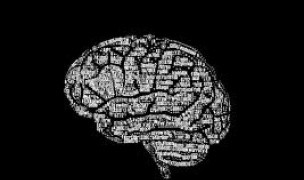 5 Terms
5 TermsHome > Industry/Domain > Biology; Medical > Human genome
Human genome
The human genome consists of 23 chromosome and the small mitochondrial DNA. 22 of the 23 chromosomes are autosomal chromosome pairs and the last one being a gender-determining pair. In total, the human genome contains the sequences of the 3 billion chemical base pairs that make up human DNA and approximately 20,000-25,000 genes. By understanding human genome, scientists are able to develop new medical applications that can significantly advance the state of health care.
Contributors in Human genome
Human genome
bilirubin
Medical; Human genome
1) A bile pigment that is a degradation product of heme. 2) Substance formed when red blood cells are broken down. Bilirubin is part of the bile, which is made in the liver and is stored in the ...
bone marrow
Medical; Human genome
1) The soft tissue filling the cavities of bones. Bone marrow exists in two types, yellow and red. Yellow marrow is found in the large cavities of large bones and consists mostly of fat cells and a ...
cell adhesion
Medical; Human genome
1) Adherence of cells to surfaces or to other cells. 2) The close adherence (bonding) to adjoining cell surfaces.
atresia
Medical; Human genome
1) Absence or closure of a natural passage of the body (atresia of the small intestine). 2) Absence or disappearance of an anatomical part (as an ovarian follicle) by degeneration.
bud
Medical; Human genome
A daughter cell of an organism that reproduces by budding; formed by pinching off part of the parent cell.
atrioventricular node
Medical; Human genome
1) A small nodular mass of specialized muscle fibers located in the interatrial septum near the opening of the coronary sinus. It gives rise to the atrioventricular bundle of the conduction system ...
cardiovascular
Medical; Human genome
Referring to the heart and the blood vessels by which blood is pumped and circulated through the body.


